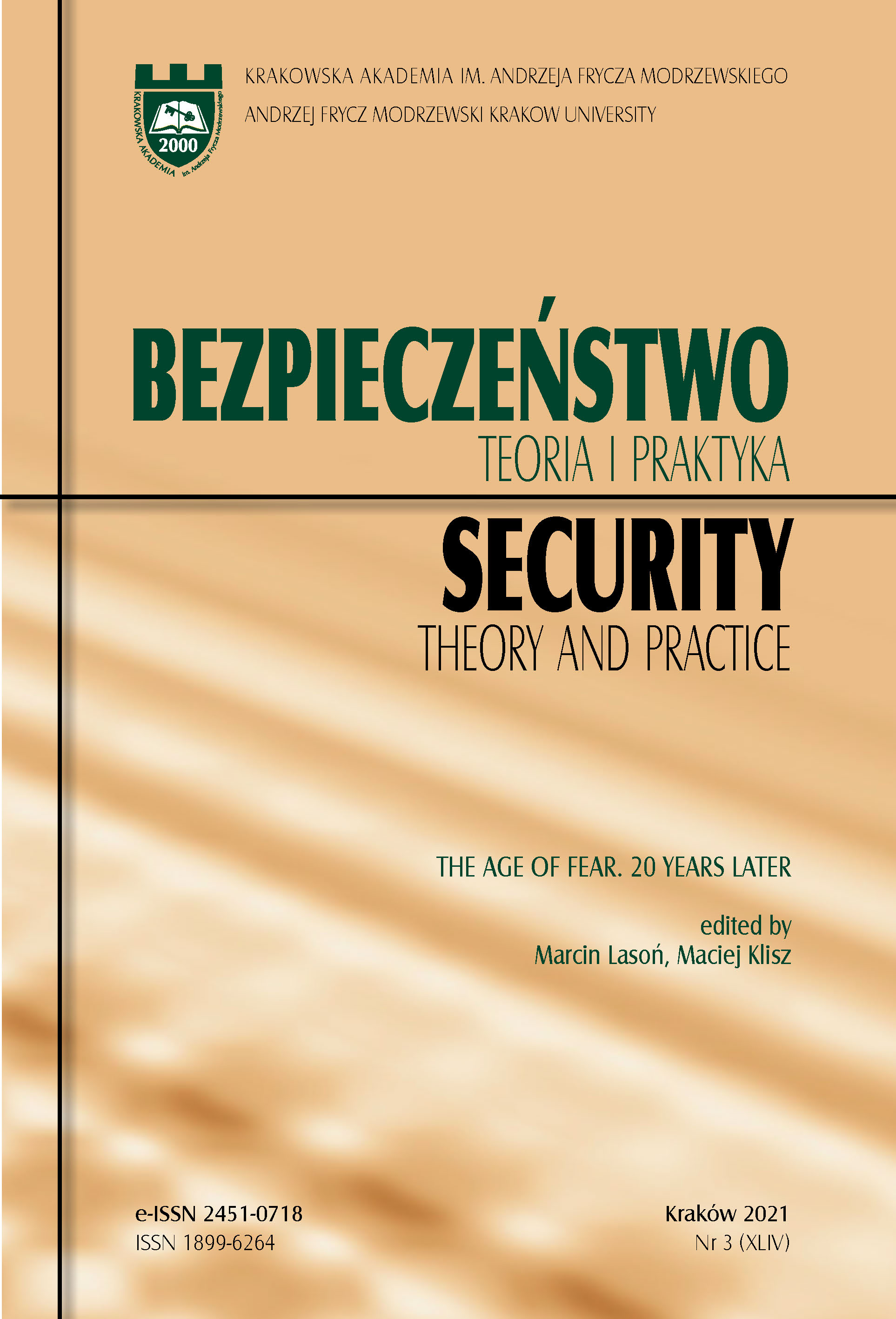War on Terror and Islamisation of Brunei
War on Terror and Islamisation of Brunei
Author(s): Negar PartowSubject(s): Geography, Regional studies, Islam studies, Security and defense, Military policy
Published by: Oficyna Wydawnicza AFM Uniwersytetu Andrzeja Frycza Modrzewskiego w Krakowie
Keywords: islamisation; war on terror; Southeast Asia; democracy;
Summary/Abstract: The ‘War on Terror’ narrative placed the Muslim countries of Southeast Asia in a complex situation for which many of them were not prepared. Rising from the ashes of colonialism, Southeast Asian states with Muslim majorities had been struggling to develop a pragmatic approach towards religious and national identities of their states. Amongst the many Muslim states in the region, Brunei offers an interesting case. Brunei considered it national identity to be based on Malay identity and Islam. From the end of the Cold War and colonisation until the September 11 era, it considered itself a Malay Muslim country but followed the legal codes and political systems they inherited from the British colonial times. Pressure from the US during the Cold War encouraged the first wave of Islamisation in Brunei aiming to centralise political and religious powers in the hands of the Sultan. The ‘War on Terror’, however, transformed this dynamic in Brunei. This transformation has weakened secular ideas and political forces in the country by giving more power to religious forces in Brunei’s legal system. By studying Brunei, this paper demonstrates how the ‘War on Terror’ empowered religious forces politically by igniting a competition between the Sultan and religious forces over the degree of their religiosity. This competition has ignited the second wave of Islamisation that is different from the first one in terms of its goals, agency and the version of Islam they promote.
Journal: Bezpieczeństwo. Teoria i Praktyka
- Issue Year: XLIV/2021
- Issue No: 3
- Page Range: 115-127
- Page Count: 13
- Language: English

